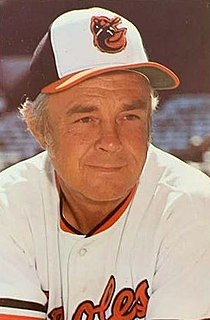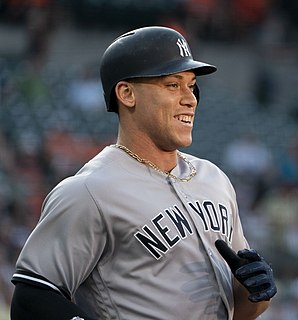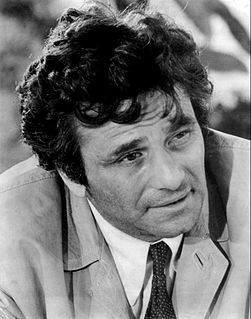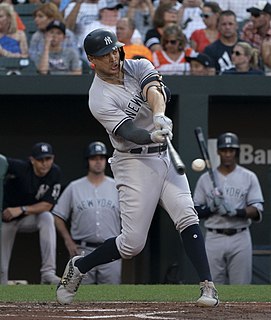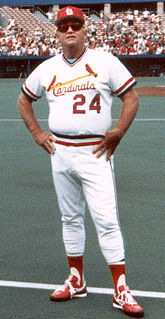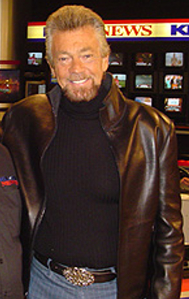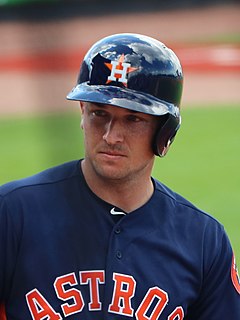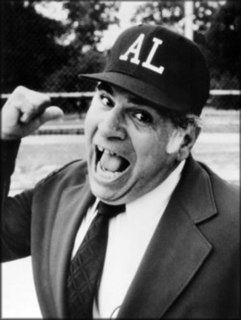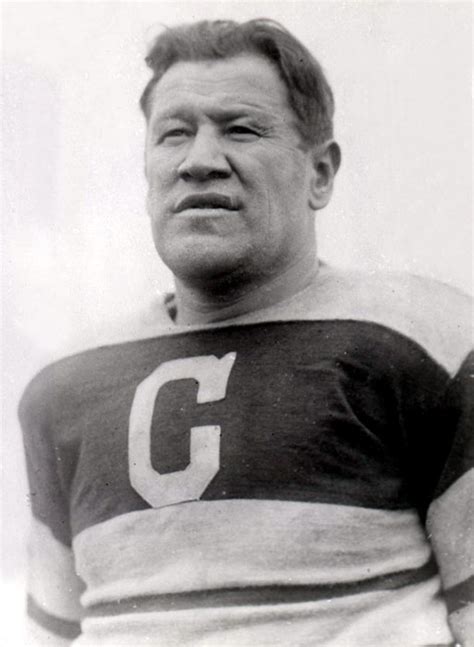A Quote by Earl Weaver
If an umpire misses a called third strike and the other side ends up scoring because of it, I'm not going to forget it. If there are runners on second and third and two out, and if the umpire has just given the hitter an extra strike and the next pitch goes into the hole and both runs score, I've got to say something to the guy.
Related Quotes
Some guys, first pitch of the at-bat gets called a strike - maybe it's a ball off or below their knees, and it gets called a strike - and then the next two pitches, they swing at balls in the dirt, and all of a sudden, they're yelling at the umpire about that first pitch. You just swung at two balls in the dirt, buddy.
My first and only experience in baseball, the coach signed me up; he didn't tell me there's a thing called the curveball. I didn't know that. So the ball's coming at me and I start backing out, and then it broke inside. And the umpire says, 'Strike one!' And I'm saying, 'How is that a strike? It almost hit me!'
I'm the kind of guy who, if I look inside and they throw me a fastball outside, and it's a strike, I'm going to swing. Everything in the strike zone, I'm going to swing. Doesn't matter if it's a fastball, changeup, breaking ball. If it's in the strike zone and it's something you like, you've got to swing.
Caterpillar was quite important because that was the first manufacturing industry that used Reaganite strike-breaking techniques. They illegally called in scabs to break a major strike. It was reported pretty well in the Chicago Tribune, who pointed out something very interesting. They said that the workers got very little support in Peoria when scabs illegally broke the strike, and that was particularly striking because that whole community had been built up by the union - it was a union-based community.
I built a baseball field in the lower part of our property and I'm always working on that. I got a wheelbarrow, a pick and a shovel, and I started to build a baseball field during writers' strike. We have boys and girls come over and we have clinics in the spring. It's called The Strike because it's named for the writers' strike.
